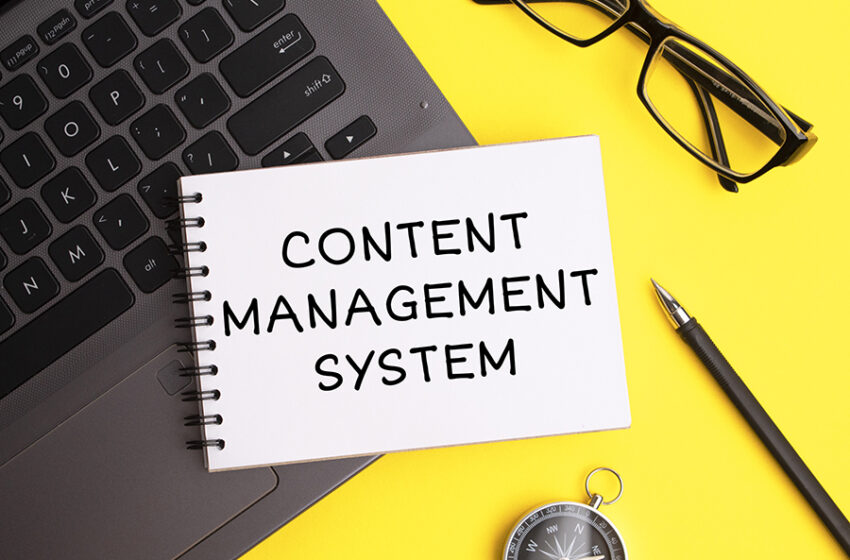Content Management System

Content Management System
All websites contain a lot of blogs, posts, photos, and videos – in short, content. Content creation, editing, publication, and management can become a huge problem if it is not properly organized.
This is where a Content Management Systems (CMS) comes into the picture. CMS software makes all the above tasks easier. Content can be easily created and uploaded on the website without having to write a single line of HTML code, or without the need of communicating with your server directly. After publication, all statistics can be easily monitored with the help of plugins or in-built tools available with the CMS software.
What is a Content Management System?
 A Content Management System (CMS) is a software application or set of related programs that are used to create and manage digital content. It provides an interface for users to create, edit, organize, and publish content on a website without requiring technical knowledge of web programming or design.
A Content Management System (CMS) is a software application or set of related programs that are used to create and manage digital content. It provides an interface for users to create, edit, organize, and publish content on a website without requiring technical knowledge of web programming or design.
Some of the popular Content Management Systems software options are:
Components of a Content Management System
All content management systems have 2 components:
1. Content Management Application (CMA)
A GUI-based tool that allows the website administrators to easily add, delete or edit the content on the website. The CMA is responsible for managing the front-end processes, which are visible to the user.
2. Content Delivery Application (CDA)
The CDA is the supporting framework that manages the content after its publication on the website. It stores and indexes the content in a database, making it easier to search for content within the website. The CDA is responsible for managing the back-end processes, which are not visible to the user.
Must-Have Features of a CMS
- SEO Tools – A CMS will have a host of SEO tools, allowing administrators to monitor and tweak the content on their websites to rank higher in searches.
- Plugins – A CMS should have a wide variety of plugins available for users who need additional features on their websites. It should also have the ability to integrate custom plugins easily.
- Social Media Integration – Social media has become one of the most important channels for digital marketing, with almost all businesses running Facebook and Google Ad campaigns to drive traffic to their websites. A CMS should be able to incorporate Facebook, Twitter, Google Ads plugins easily.
- Security – With malware intrusions and security breaches on the rise, a CMS software should have state-of-the-art security infrastructure to prevent all malicious activities on a website.
- Community Support – With a large number of website administrators coming from the non-technical domain, a thriving community can easily help users to solve a lot of queries themselves. Thus, it is essential to choose a CMS that has a large user base and an active community.
WordPress CMS – The Most Popular Option
 WordPress CMS is the current market leader. It has all the must-have features of a CMS. More than 62% of the websites which use CMS software are powered by WordPress CMS, including the official website of The White House.
WordPress CMS is the current market leader. It has all the must-have features of a CMS. More than 62% of the websites which use CMS software are powered by WordPress CMS, including the official website of The White House.
The WordPress CMS is free, the only cost involved is the cost of hosting and the cost of buying a domain name. Some website themes and plugins are free. However, the customized themes and the plugins with better functionalities are paid.
WordPress development is fairly easy. Due to the popularity of WordPress CMS, users who want to set up their own blog or website can make use of WordPress’ thriving community. For users who want a more customized website, they can hire WordPress developers to create their website. WordPress developers can charge anything between $50 to $1,000, depending on the website, its customizations, and its functionalities.
Content Management System
With the world racing towards the new normal – a fully digital world, it is important to have your own website and naturally, a CMS, to get complete authority over the content on your website without being a programmer.